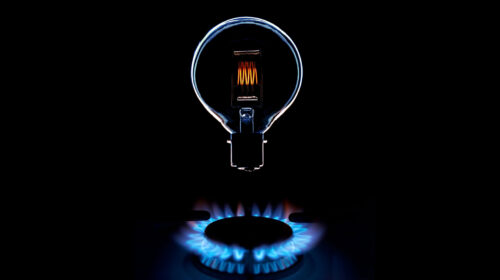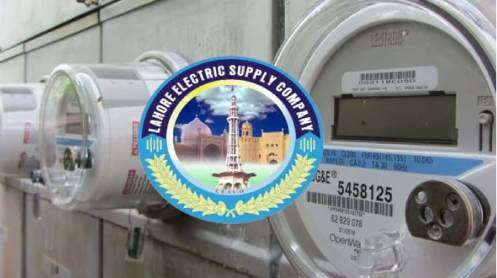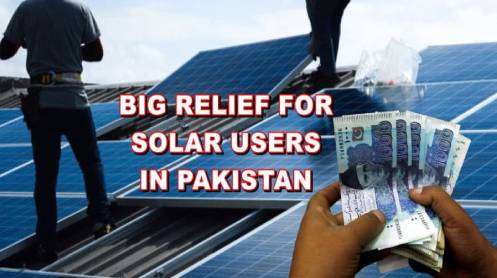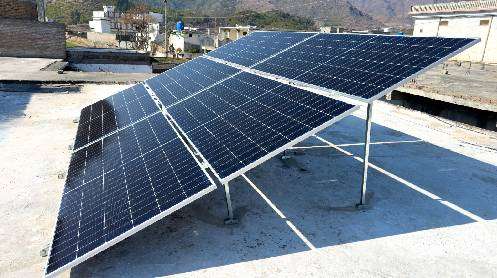The year 2022 remained very tough and challenging for the country’s economy on many fronts, as the consistent depreciation of the rupee continued to deepen the economic crisis, suggesting the government to consult with the business community to find a direction towards better economic solutions.
FPCCI former president and BMP Chairman Mian Anjum Nisar observed that at the end of the year, economic distress has become a focus, as inflation skyrocketed to over 20% and macroeconomic cues weakened, prompting the State Bank of Pakistan to resort to tools available at its disposal including hiking the interest rate.
The BMP Chairman urged the government to take practical and concrete steps for the implementation of business-friendly policies, saying the rising prices of electricity, gas and petroleum products were halting the wheel of economy.
Anjum Nisar said there was a need to freeze the prices of all inputs for at least two years so that the economy could get required start. He also suggested that the sales tax slab should be curtailed in order to cut cost of production. Anjum Nisar advocated the need for raising the country’s tax base so that tax-to-GDP ratio improves from current poor level. He urged the trade officers to explore opportunities to diversify exports of goods and services in their respective areas, asking them to meet the challenges faced by Pakistan in European markets.
He also suggested the ministry to devise strategies for promotion of Pakistani products, calling upon trade officers to take advantage of opportunities offered by China-Pakistan Economic Corridor (CPEC). He said that rebuilding the destroyed infrastructure by flood would be very difficult for a country that is already heavily indebted, desperate for an IMF bailout, as the country has serious, long-term structural economic problems.
The outgoing year saw the policy rate fluctuate in a wide range to ultimately rise to its highest level since 1998-99. The central bank held eight Monetary Policy Committee meetings in the 12-month period with one of them being an emergency one – April 2022. Emergency meetings are rare, and its occurrence just conveys the gravity of the situation. The change in the government, persistent talks of default, delays in the International Monetary Fund program, and currency volatility were just a few themes.
The consistent depreciation of the rupee is deepening the economic crisis in the country, calling upon the State Bank of Pakistan to take necessary measures to stop market speculation and resolve the issue. Pakistan’s economy continues to slump despite resumption of the much-awaited International Monetary Fund’s Program. So, the government should announce a clear policy on the rupee to ease the pain of traders and to save the industries, as high inflation, unemployment and low profitability continue to plague the business community.
Mian Anjum Nisar observed that despite significant improvements in the energy infrastructure, the government has failed to attract investment in the country. He said the drastic steps and political will can speed up the economic growth, which should be grown significantly and constantly for visible impact. He expressed the hope that FDI would grow in the wake of stability in the rupee-dollar parity and improvement in balance of payments position in new fiscal year, as Special Economic Zones, which were under the development phase, would also attract investment among export sectors in the country.
During pre 2014-2018, foreign investors mostly poured money into the sectors which did not pose a risk to their profit margins due to rupee depreciation such as the power sector.
He said that at the onset of 2022, the policy rate was 9.75% which was already criticized by the industrial and manufacturing sector. In its first meeting of the year, held on January 24, the MPC announced to keep the policy rate unchanged as several developments suggested demand moderating measures were gaining traction and had improved the outlook for inflation.
The status quo in the interest rate extended to the second MPC meeting as well that was held on March 8, 2023. As per the SBP, the decision reflected the MPC’s view that the outlook for inflation had improved following the cuts in fuel prices and electricity tariffs announced by then Prime Minister Imran Khan at the end of February 2022. However, the SBP flagged significant uncertainty about the future path of global energy and food prices due to the Russia-Ukraine conflict.







